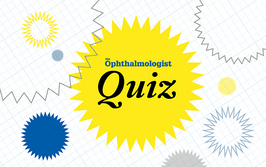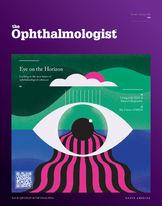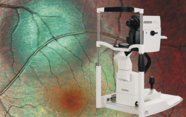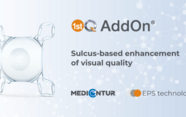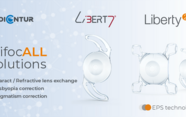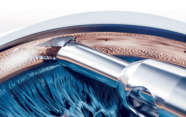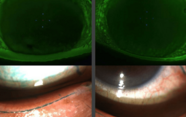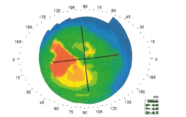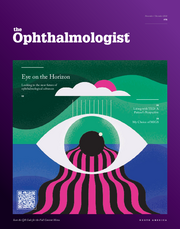There’s reasonable evidence that the “Mediterranean diet” – adhering to the dietary habits of the Greeks, Italians and Spanish (in the 1940s and 1950s, at least) – is health giving. One meta-analysis found that all-cause mortality, and the risk of cancer, cardiovascular disease, and neurodegenerative like Alzheimer’s and Parkinson’s disease were all reduced by adherence to this diet (1). And it looks like we can add “protective against the development of AMD” to that list, too.
In an extension of the previously published COIMBRA eye study, that assessed the prevalence of AMD in Portugal (2), Silva et al. (3) looked at subjects with or without early AMD to determine how adherence to the Mediterranean diet, key dietary nutrients and lifestyle factors associate with the disease.
Participants were asked to complete food frequency questionnaires, and their adherence to a Mediterranean diet was evaluated using a well-established adherence scale – mediSCORE (4). mediSCORE values ranged from 0–9, with scores equal to or greater than six defined as high adherence to a Mediterranean diet. The team used a commercially available nutrition analysis software package (Food Processor Plus, ESHA) to determine the micronutrients (such as vitamins or trace elements) that participants managed to ingest during the time in this part of the COIMBRA study.
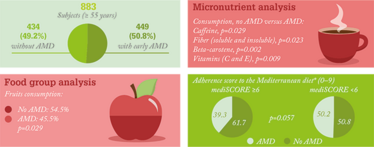
*mediSCORE adhesion scale (0–9). A value of 1 (beneficial) was attributed to consumption of: vegetables, legumes, fruits, cereals, fish and monounsaturated lipids above sex-specific median; meat and dairy below sex-specific median; 10–50 g/day alcohol (men) or 5–25 g/day (women). A score equal to or greater than 6 defined high adhesion to the Mediterranean diet.
What they found was that AMD prevalence was lower in the subjects with high adherence to the Mediterranean diet (mediSCORE ≥6) compared with subjects with a mediSCORE of less than 6 – in other words, high adherence to the Mediterranean diet was associated with a lower chance of developing AMD. However, it wasn’t just the Mediterranean diet. Physical activity and fruit and micronutrient consumption were significantly higher in participants without early AMD. One novel finding was that caffeine intake appeared protective against AMD too.
According to one of the researchers, Joao Figueira, “Given these findings, ophthalmologists should consider recommending a Mediterranean-style diet to their patients.” Next steps? The team plan to continue their studies, including further dietary assessments and future re-screening of patients without AMD to determine if they develop the disease.
- F Sofi et al., “Adherence to Mediterranean diet and health status: meta-analysis”, BMJ, 337, a1344 (2008). PMID: 18786971.
- L Cachulo Mda et al., “Prevalence of age-related macular degeneration in Portugal: the Coimbra eye study - Report 1”, Ophthalmologica, 233, 119–127 (2015). PMID: 25677077.
- R Silva et al., “The role of adherence to a Mediterranean diet and lifestyle risk factors in AMD: the Coimbra eye study”. Poster presented by Joao Figueira at the American Academy of Ophthalmology annual meeting; October 16, 2016; Chicago, USA; Poster# P0278.
- C Feart et al., “Adherence to a Mediterranean diet, cognitive decline, and risk of dementia”, JAMA, 12, 638–648 (2009). PMID: 19671905.



